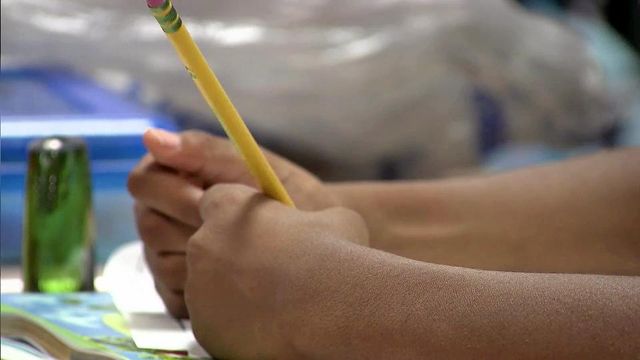NC one of 19 states that still allow paddling in schools
North Carolina law allows local school boards to determine whether corporal punishment will be permitted.
Posted — UpdatedLike many parents, Daisy Howarth didn't know corporal punishment still existed in some North Carolina schools.
“It’s so archaic, isn’t it?” she said. “It’s something they’d done in the 50s, and I thought we’d move beyond that.”
While the decision on paddling is left up to school boards in each district, the state board of education signed a resolution last year opposing the punishment.
In rural Robeson County, paddling is allowed in six elementary schools. School board member Dwayne Smith says complaints are rare.
“First of all, you use it to let a child know what he's done is wrong, and if they do it again, they'll get the same thing,” Smith said. “If it's used the right way, it can be effective.”
Parents can opt out. A form is sent home at the beginning of each school year, but Smith says few parents exercise that option.
Tom Vitaglione, a senior fellow with advocacy group NC Child, has been lobbying school boards for decades to ban the practice. He contends studies show corporal punishment leads to more aggressive children and does nothing when it comes to education.
“There's been no evidence this makes a difference in terms of behavior or academic improvement,” he said. “In North Carolina, the end-of-year grades and graduation rates have been going up for the last decade. At the same time, use of corporal punishment dropped dramatically.”
The use of paddling in North Carolina schools has declined by as much as 50 percent in recent years, according to the state Department of Public Instruction. During the 2011-12 school year, more than 400 children were spanked in school. In 2012-13, that number went down to 203 students.
Fourth-graders were the most likely to be paddled, according to the 2012-13 statistics, and six children were spanked because of cellphone use.
Karen Smith, a parent and former teacher, says educators should not be able to spank students.
“I think that type of punishment, if it’s ever going to be done, should be done by parents, not teachers,” she said.
States that allow corporal punishment in schools
Corporal punishment in NC schools: 2012-13
• Credits
Copyright 2024 by Capitol Broadcasting Company. All rights reserved. This material may not be published, broadcast, rewritten or redistributed.






